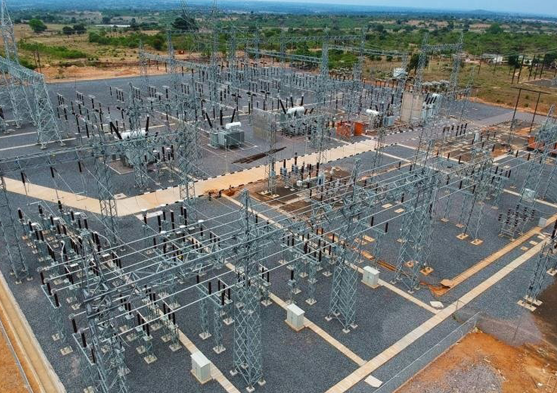With a new dispatching center, an improved electrical capacity, and deals signed with all its neighbors, Côte d’Ivoire is laying the groundwork to become a major exporter of electricity.
In Côte d’Ivoire’s capital city, Yamoussoukro, a second $40m electricity dispatching center recently opened its doors. As the second in the country – the first one was built in 1981 in the economic capital Abidjan – the authorities hope it will relaunch economic activities in a city still biding its time. The six-acre site, including a control center and housing for workers, is part of the ENERGOS project, a support program for the energy sector in Côte d’Ivoire, signed in December 2015 with the European Union. Apart from the dispatching center, the initial EU loan of $118m is being used to rehabilitate and extend energy networks in the cities of Bouaké, San Pedro and Abidjan, where works are ongoing.
At 69.7%, Côte d’Ivoire’s has one of the highest electricity access rates in West Africa, ahead of neighbors Liberia (27.5%) and Guinea (44.7%), but behind Ghana (86%). According to the World Bank, Côte d’Ivoire’s electricity success story is due to its progressive openness to public-private partnerships (PPPs) after the government decided in the 1990s to open up the energy market to the private sector to avoid a recurrence of the major load-shedding crisis of the years before. The government now wishes to stabilize the country’s exports of electricity to the region as they have been particularly volatile in the past 20 years. Côte d’Ivoire’s electricity exports went from 316 GWh in 1995 to 1238 GWh in 2000, with Ghana accounting for 75%. Côte d’Ivoire’s ambition to be a leading electricity exporter within the region matches its status as a top performer among ECOWAS countries on the Africa Regional Integration Index, compiled by the African Union, UNECA and the AfDB.
